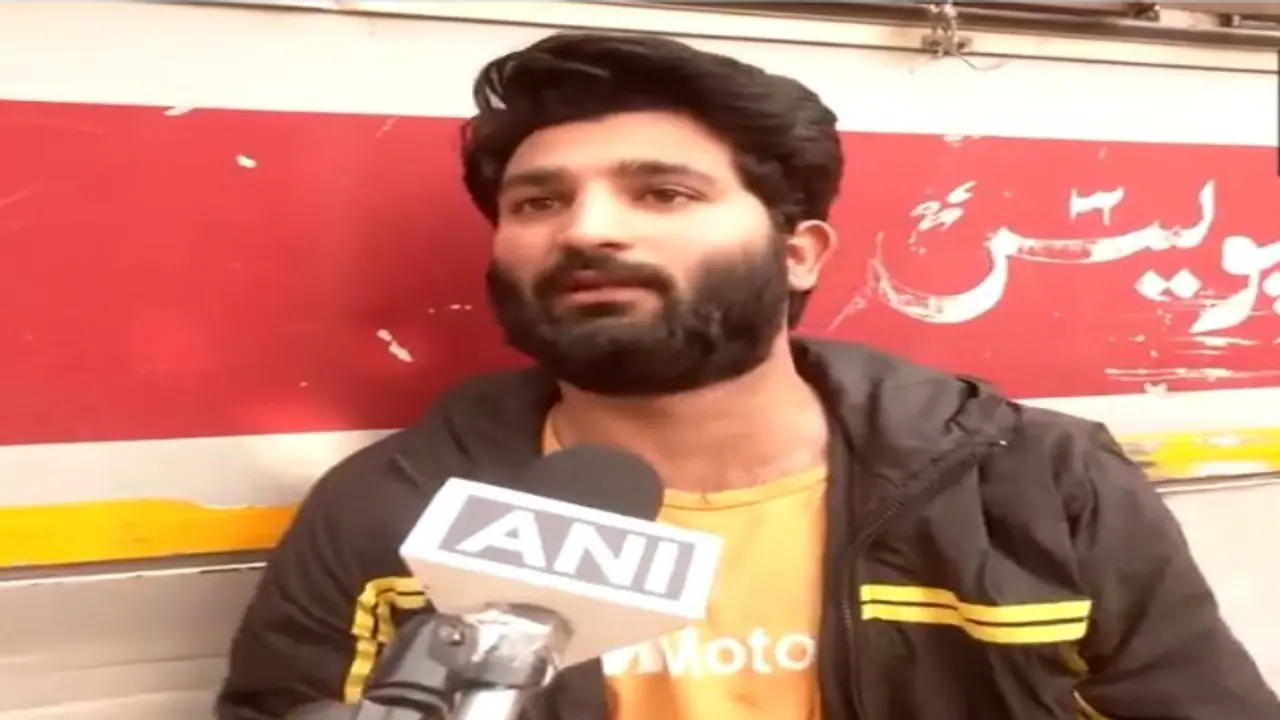After India's measures over Pahalgam terror attack that killed 26, a Pakistani national living in India for 17 years pleaded not to be sent back, saying he studied and voted here and has no future in Pakistan.
As India reels from the horror of the Pahalgam terror attack that left 26 people dead and dozens injured, a Pakistani national living in here for 17 years made a heartfelt appeal at the Attari border, asking the Indian government for time and compassion.

Osama, a young man in his early 20s, was speaking to reporters while preparing to return to Pakistan. His voice trembled as he explained that he had lived most of his life in India, completed his education here, and had even voted in Indian elections.
“I have been here for the last 17 years. I studied here, I passed my Class 10 and 12 here, and I’m now doing my bachelor’s degree,” he said. “My plan was to sit for job interviews after my exams. I don't know what my future is in Pakistan. I have nothing there.”
His family, too, is deeply rooted in India. “We have ration cards. We’ve cast our votes here. We are a part of this country in every sense,” he added. His remarks come at a time of heightened tensions between India and Pakistan following the terror attack in Jammu and Kashmir’s Pahalgam region on April 27, which targeted a group of pilgrims.
Osama and his family has been living in India since 2008. There are several Pakistani nationals who had been in India for several years and even had documents such as ration cards, aadhaar cards and even voter ID cards.
India has squarely blamed Pakistan-based terror groups for orchestrating the attack and has since taken multiple punitive steps. These include suspending new visas for Pakistani nationals, reviewing provisions of the Indus Waters Treaty, and freezing bilateral trade routes that had previously remained open for humanitarian reasons.
Prime Minister Narendra Modi has vowed “uncompromising justice” for the victims, and Home Minister Amit Shah stated that “every enemy will pay a price, wherever they are.” These strong measures have led to a sharp rise in repatriation and visa cancellations of Pakistani nationals residing in India.
Osama’s emotional appeal highlights the human cost of cross-border hostilities. “Whatever happened in Pahalgam is wrong. I strongly condemn it. It is a shameful and heartbreaking act. But what do people like us do? Where do we belong now?” he asked.
With many Pakistani-origin families integrated into Indian society over decades, the growing crackdown risks affecting individuals who have no links to terrorism but find themselves caught in the aftermath.
As Osama prepared to cross the Attari border, his parting words were simple but powerful: “Please give us time. We are not the enemy.”


